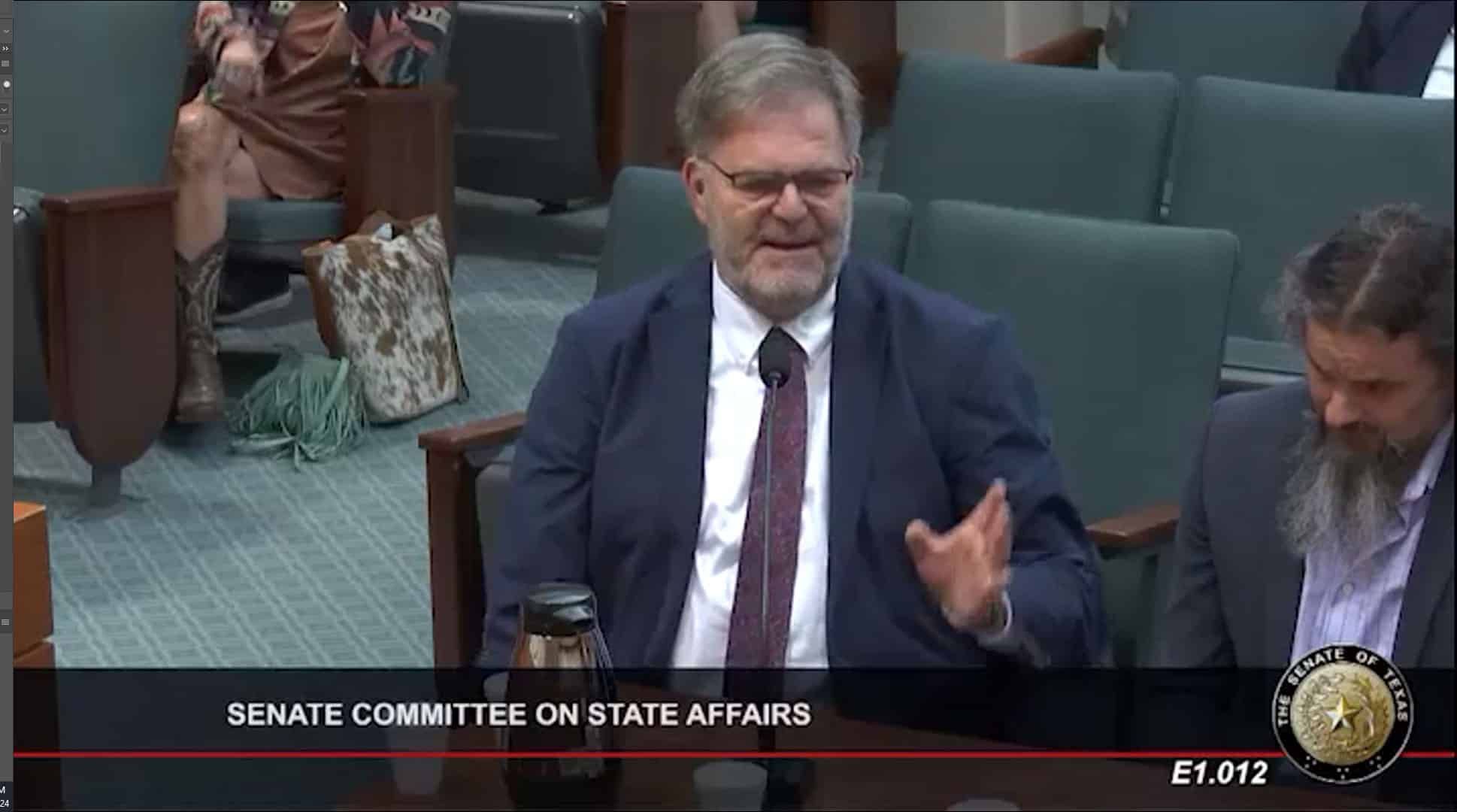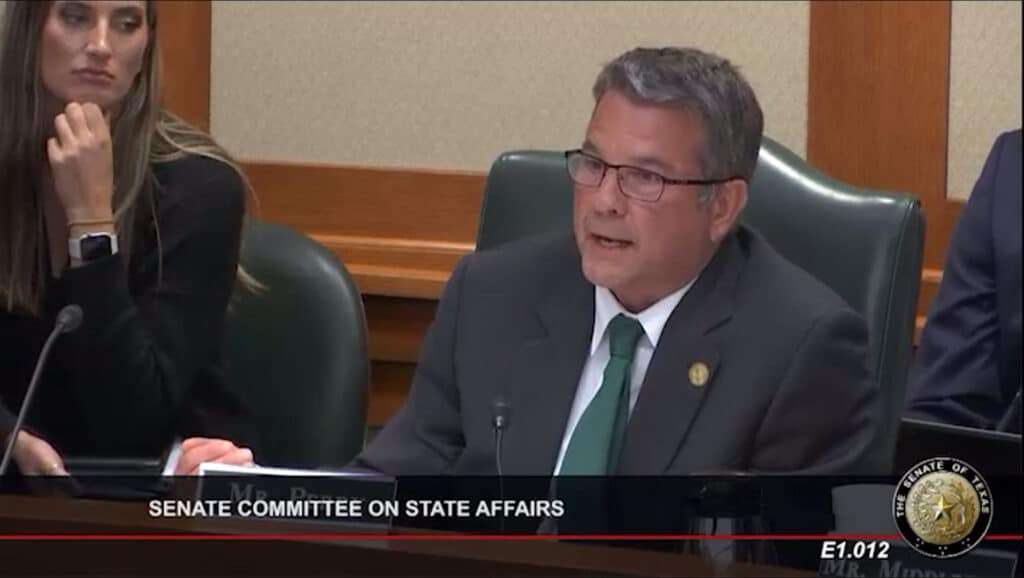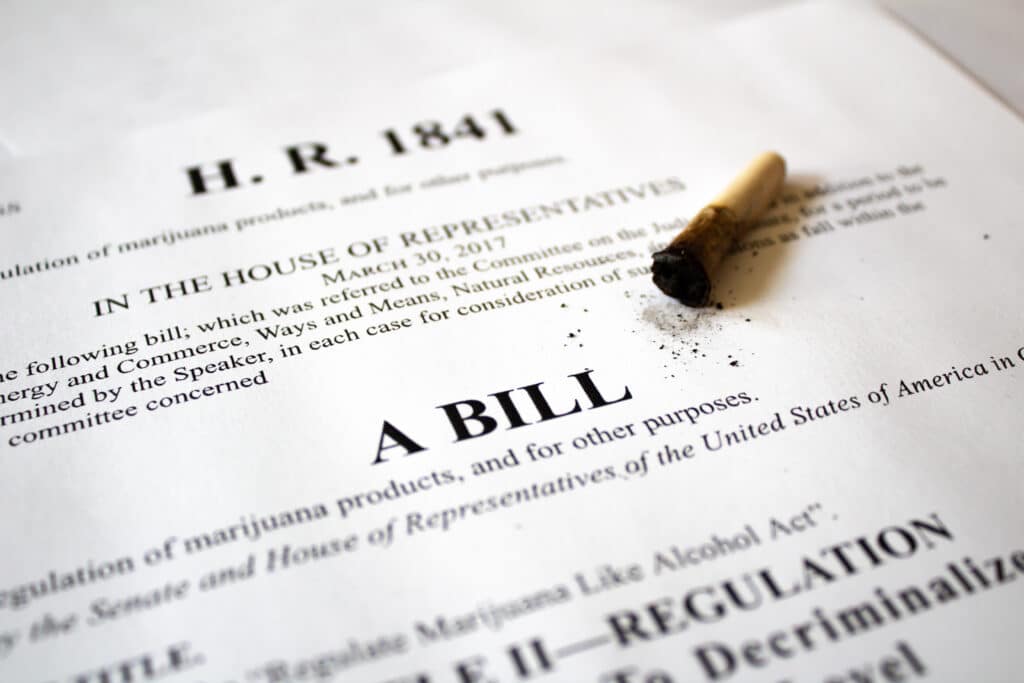Patrick Takes Budget Hostage, Demands House Pass SB 3
“The amount of energy needed to refute bullshit is an order of magnitude bigger than to produce it.”—Brandolini’s Law
Texas Lt. Gov. Dan Patrick has once again made clear that he’s willing to derail the state’s legislative agenda unless lawmakers deliver on two of his highest priorities: a sweeping ban on hemp-derived THC products and a constitutional amendment that would allow courts to deny bail in a wide range of cases.
His message is blunt: pass Senate Bill 3 and Senate Joint Resolution 5—or face a special session and the threat of a frozen state budget. This isn’t just hardball politics—it’s an attempt to bulldoze policy changes through fear, misinformation, and manufactured urgency.
No Room for Facts in Patrick’s THC Crusade
Despite overwhelming opposition, including testimony from hundreds of industry professionals and consumers, and extensive evidence debunking the claims of his handpicked witnesses, the Texas Senate last week passed SB 3, authored by Sen. Charles Perry. The bill would ban virtually all products containing detectable levels of THC—unless they’re part of Texas’ extremely limited medical marijuana program.
Patrick insists the legislation is needed to protect children from so-called “high-potency edibles” and unregulated bad actors. In reality, SB 3 would dismantle a legitimate, fast-growing sector that’s been operating under both state and federal oversight, with licensed retailers following strict compliance protocols.
To make his case, Patrick recently made a highly publicized visit to Happy Cactus Apothecary, a boutique wellness store in Austin that sells hemp-derived products. Expecting to uncover a lack of oversight, Patrick instead found well-trained staff, strict age-verification protocols, and store leadership that had already taken proactive steps to limit access to minors—including issuing a no-trespass notice to nearby Crockett High School students.
Store attorney David Sergi joined the visit by phone and made clear that the store has been working closely with local authorities to ensure compliance and transparency. In short, there was no scandal—just a responsible business following the law.
None of that stopped Patrick from continuing to push a narrative of chaos and lawlessness in the hemp industry. His strategy isn’t built on facts; it’s built on volume. And because few people invest the time to challenge his talking points, his version of the truth often dominates.
A Bail Overhaul That Undermines Due Process

The second front in Patrick’s campaign is a proposed constitutional amendment that would give judges broad new power to deny bail in cases beyond capital murder—the one category currently exempt from Texas’ constitutional right to reasonable bail.
Through Senate Joint Resolution 5, Patrick and his allies want to grant courts the authority to keep individuals jailed before trial if they are accused of certain violent offenses. Supporters frame this as necessary for public safety, but critics argue that it amounts to pretrial punishment without due process—an erosion of the presumption of innocence that’s central to the American legal system.
Legal scholars and civil rights advocates warn that expanding pretrial detention this way will increase jail populations, disproportionately impact marginalized communities, and burden taxpayers without producing measurable gains in public safety.
Political Theater with Real-World Consequences
Patrick’s approach is straightforward: use fear to drive policy, cast any dissent as a threat to public safety, and marginalize the very stakeholders working to build lawful, responsible industries in Texas. In doing so, he avoids debate and dodges scrutiny, counting on the media and public to move on before anyone checks the facts.
What happened at Happy Cactus should have been a turning point. Instead, it became just another footnote in a campaign built on ignoring what’s right in front of him. The business followed the law. It protected minors. It welcomed oversight. But Patrick walked away still insisting the system was broken.
This is not how sound policy is made. And yet, it often works—because so few are willing to take the time to refute the stories Patrick tells.
The hemp industry and Texas’ longstanding legal traditions are now in his crosshairs. If lawmakers don’t push back with facts, with clarity, and with courage, the state may soon find itself under laws crafted not from evidence, but from political expedience.



















